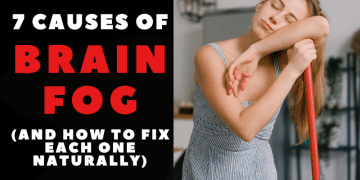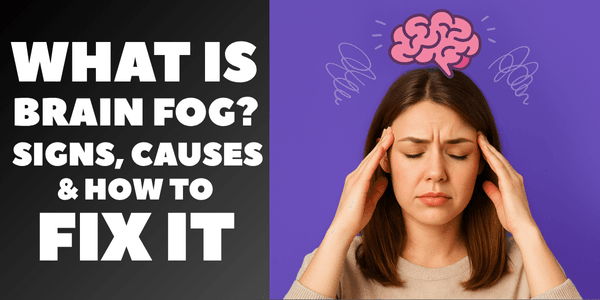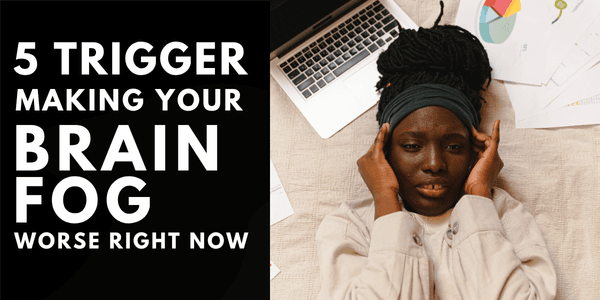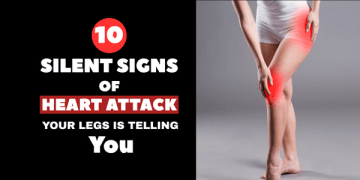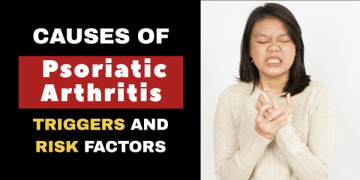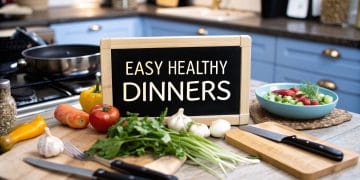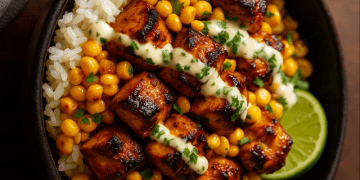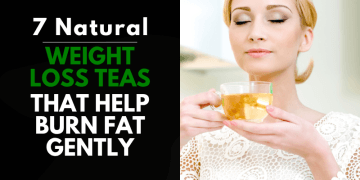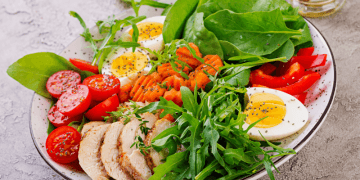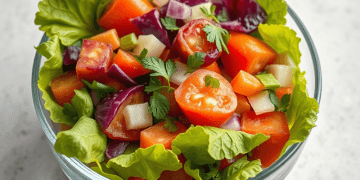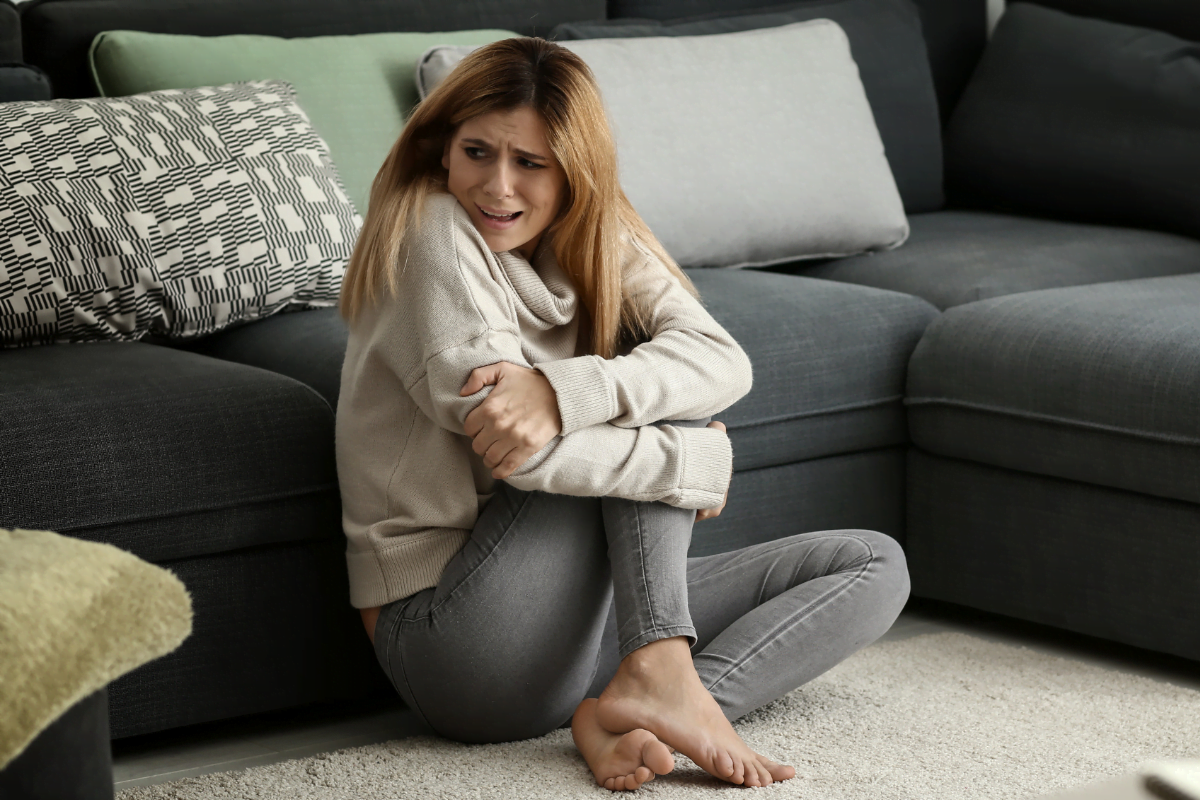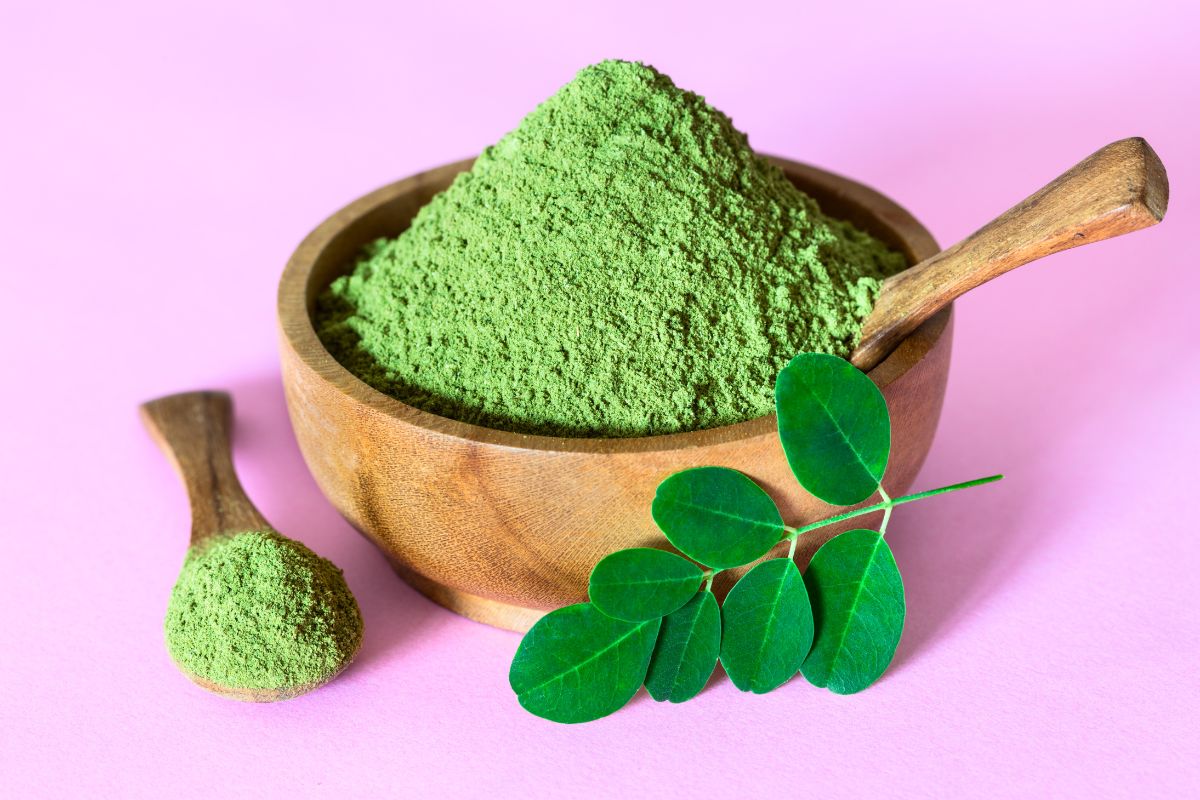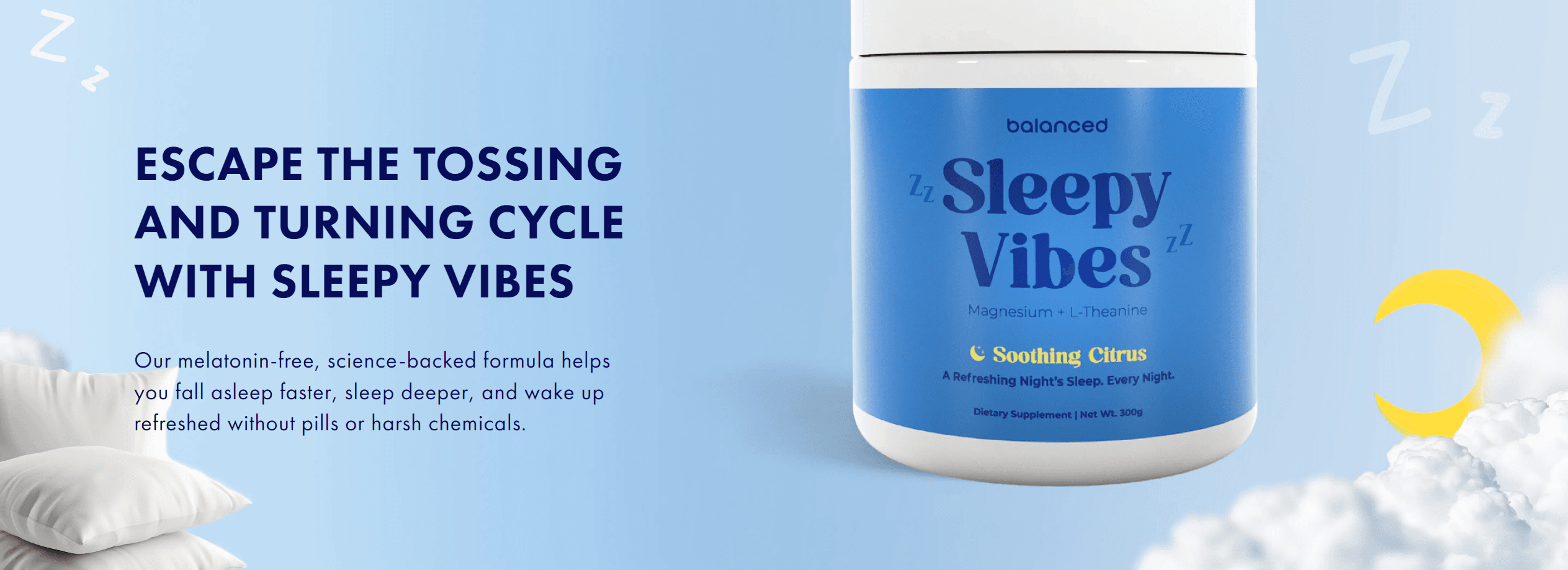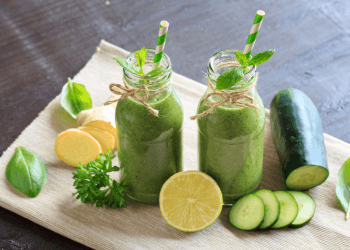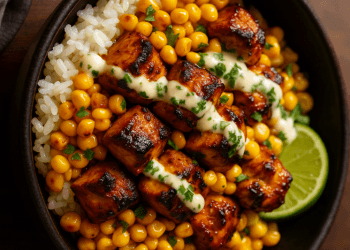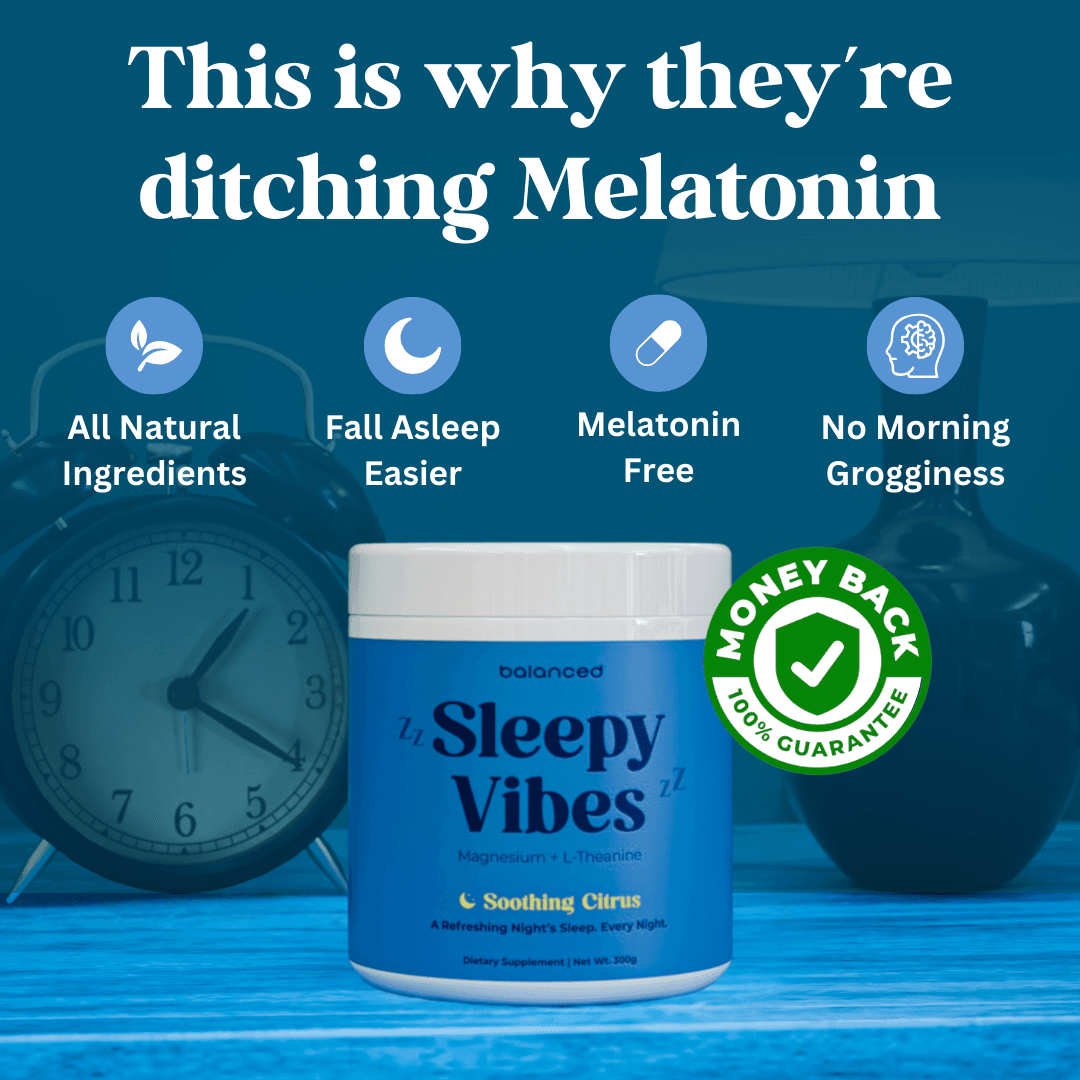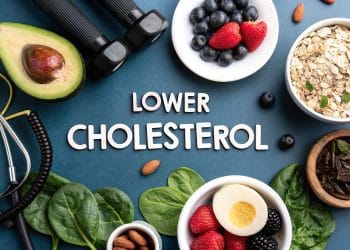Last Updated on June 30, 2025 by Lauretta Iyamu, PharmD
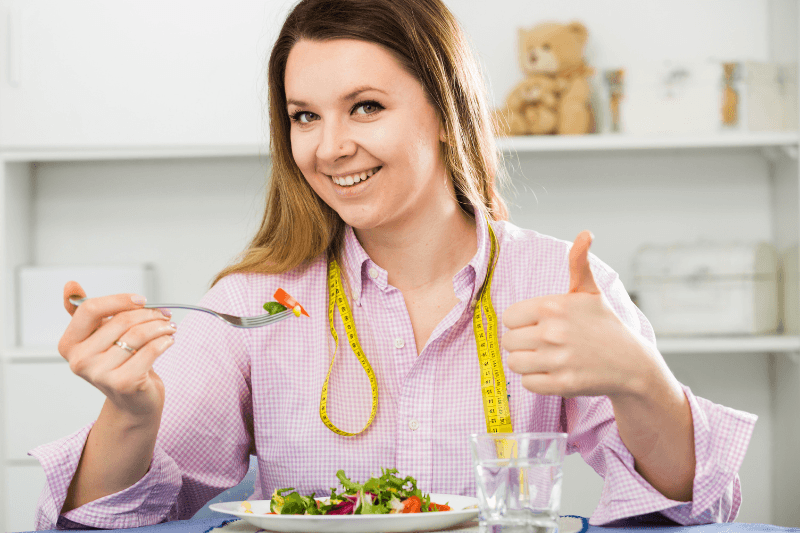
Do you gasp at the thought of kale or push peas to the side of your plate?
Thinking of how to lose 10 pounds fast without eating veggies? You’re not alone.
Nearly one in four adults openly admit to disliking vegetables, yet most weight loss advice still recommends filling half your plate with them.
But if you’re dealing with chronic fatigue, thyroid imbalance, or just a picky palate, this advice can feel impossible to follow.
Here’s the truth: you don’t need to eat vegetables to lose weight.
Yes, they’re nutrient-dense and helpful.
But they’re not the only path to a healthy body.
The key to real weight loss, especially for women over 30 or those with autoimmune or thyroid conditions, is finding a sustainable, enjoyable plan that works with your preferences, not against them.
In this guide, I’ll show you exactly how to lose 10 pounds without forcing yourself to choke down salads or green smoothies.
These methods are science-based, proven, and completely customizable, even if you haven’t touched a vegetable since 1997.
Why Traditional Weight Loss Advice Fails Vegetable Haters
If you’ve tried diet after diet and found yourself frustrated, the problem may not be you; it’s the approach.
Most mainstream plans promote a “clean eating” model that is heavily based on leafy greens and raw vegetables.
But here’s what they don’t consider:
-
Food aversion is real.
Disliking certain textures or bitter flavors is often a biological preference, not just a personal preference. Some women have stronger taste receptors for bitterness, especially common in cruciferous veggies like kale or broccoli. -
Vegetables aren’t magic.
While they’re packed with nutrients, you can still get fiber, antioxidants, and even anti-inflammatory compounds from other sources, like fruits, nuts, seeds, and herbs. -
Chronic conditions change your experience with food.
If you have a thyroid condition, gut issues, or fatigue, raw vegetables may feel bloated, draining, or hard to digest. That’s valid. -
Guilt doesn’t fuel transformation.
Telling yourself to “just try harder” only builds shame, not motivation. Instead, success comes from building a strategy around what does work for your body.
How to lose 10 pounds Without Vegetables
You can lose 10 pounds, even without vegetables, when you understand the fundamentals.
Here’s what matters more than greens on your plate:
1. Calorie Deficit Still Rules
To lose weight, your body needs to burn more energy than it takes in.
That means you can achieve weight loss with chicken, rice, fruit, eggs, dairy, and even chocolate if you create the right deficit.
2. Macronutrient Balance Is Key
Instead of “cutting carbs” or “going keto,” balance your meals with:
-
Protein (helps build muscle and keeps you full)
-
Healthy fats (support hormones)
-
Complex carbs (give energy and help regulate metabolism)
3. Timing & Portion Control Matter
When you eat is just as important as what you eat.
Spacing meals, managing snacking, and recognizing when you’re truly hungry can shift your weight loss journey without altering your food preferences.
4. You Need Nutrients, Not Just Salads
Protein-rich foods, healthy carbs, fruits, herbs, and quality fats can meet your nutritional needs.
Even without vegetables, you can get:
-
Fiber from oats, chia seeds, and fruit
-
Antioxidants from berries, dark chocolate, and spices
-
Vitamins from eggs, dairy, and whole grains
In short, you don’t need to eat foods you hate to get the results you want.
Strategy #1 – Use Protein as Your Primary Fat-Burning Fuel
If you hate vegetables, protein is about to become your new best friend.
Most women trying to lose weight, especially those with fatigue, thyroid problems, or autoimmune issues, aren’t eating enough high-quality protein.
And if you’re skipping out on both protein and vegetables, your body’s likely running on empty.
Why Protein Is So Important for Weight Loss
Protein does three key things that make it an essential fat-burning tool:
-
It keeps you full longer.
That means fewer cravings, fewer snacks, and fewer episodes of overeating. -
It supports lean muscle, even as you lose weight.
Muscle keeps your metabolism active. -
The more you lose without muscle, the slower your body burns calories.
-
It has the highest thermic effect of food.
That means your body actually burns more calories to digest it, compared to carbs or fat.
So if you’re skipping salads but getting plenty of protein?
You’re still ahead.
What Type of Protein Should You Focus On?
You don’t need powders, shakes, or anything fancy.
Just real, digestible food.
Best options for vegetable haters:
-
Chicken breast or thighs
-
Turkey
-
Eggs (especially the yolks!)
-
Greek yogurt (plain or flavored with fruit)
-
Tuna, salmon, or other canned fish
-
Cheese sticks or cottage cheese
-
Ground beef (85–90% lean is great)
-
Pork tenderloin
-
Protein bars (low sugar, whole food-based)
These are affordable, accessible, and can be prepared in minutes.
Your goal: Aim for 20–30 grams of protein per meal, and 10–15 grams in snacks.
That’s the sweet spot for triggering satiety and supporting metabolism.
Quick Meal Examples for Non-Veggie Eaters
Let’s keep it simple:
1. Breakfast:
2 scrambled eggs + a banana
OR
Greek yogurt + ½ cup berries + chia seeds
2. Lunch:
Deli turkey roll-ups + cheddar slices + an apple
OR
Tuna salad (with mayo, pickles) on whole grain toast
3. Dinner:
Grilled chicken + rice + fruit salsa
OR
Ground beef taco bowl with beans, cheese, and salsa
4. Snack Ideas:
Hard-boiled eggs
String cheese + a handful of nuts
Cottage cheese + pineapple
Protein bar + almond milk
No vegetables. No problem. You’re still hitting your goals.
What If You Have a Thyroid or Autoimmune Condition?
Great question, and this is where protein becomes even more important.
Many women with hypothyroidism or Hashimoto’s struggle with:
-
Low muscle mass
-
Fatigue
-
Sluggish metabolism
-
High inflammation
Protein helps with every single one of those.
In fact, under-eating protein is one of the most common reasons women with thyroid issues struggle to lose weight, because the body isn’t getting what it needs to function correctly.
Prioritize animal-based proteins if you tolerate them well; they’re naturally rich in B12, selenium, zinc, and iron, all of which are critical for thyroid function and energy production.
Strategy #2 – Choose Carbs That Help Burn Fat
Carbs have gotten a bad rap in weight loss, and most of it is undeserved.
Especially if you’re avoiding vegetables, carbs become even more important.
But not all carbs are created equal.
Some work with your body. Others work against it.
Why Your Body Still Needs Carbs
Here’s what most diets forget:
-
Carbs give you energy.
Without them, you’ll feel sluggish, moody, and more likely to binge later. -
Carbs support your thyroid.
Women with thyroid problems need carbs to support hormone conversion. -
Carbs can help you lose fat.
When chosen wisely, they help keep blood sugar steady and cravings low.
The Best Carbs for Weight Loss (No Salad Required)
If you’re skipping veggies, focus on clean, slow-digesting carbs:
-
Oats (rolled or steel cut)
-
Brown rice or quinoa
-
Sweet potatoes
-
Beans and lentils
-
Whole-grain bread or pasta
-
Bananas, berries, apples
These are filling, rich in nutrients, and easy to portion.
When to Eat Carbs for Better Fat Burning
If you want to lose 10 pounds without cutting out carbs:
-
Eat most of your carbs earlier in the day (breakfast + lunch)
-
Keep dinner protein + fat heavy
-
Try pairing carbs with protein to avoid blood sugar spikes
You’ll feel more energized, and your body will burn more fat while you rest.
A No-Veggie Sample Day (That Still Works)
Breakfast
Oatmeal + peanut butter + banana slices
Lunch
Turkey sandwich on whole grain + apple
Snack
Boiled eggs + rice cakes
Dinner
Grilled chicken thighs + mashed sweet potatoes
Strategy #3 – Use Fruit as Your Sweet Tooth Fixer
Hate vegetables but love sweets?
Fruit is your loophole.
It gives you the natural sugar your body craves… without the fat-storing crash.
And unlike cookies or candy, fruit comes with fiber, hydration, and powerful antioxidants that support weight loss.
Why Fruit Helps You Lose Weight
Fruit does three main things to help your body burn fat:
-
It satisfies cravings.
When you want sugar, reaching for fruit is a natural way to indulge without sabotaging your progress. -
It stabilizes blood sugar.
Thanks to fiber and water, fruit doesn’t spike your blood sugar like processed sweets do. -
It’s low in calories but high in volume.
That means you can eat a generous portion, feel full, and still stay in a calorie deficit.
The Best Fruits for Weight Loss (Low-Calorie, High-Fiber)
Some fruits are especially good for fat loss:
-
Berries – Blueberries, raspberries, and strawberries are low in sugar and high in antioxidants
-
Apples – Filling, fibrous, and perfect as a snack or dessert
-
Citrus – Oranges, grapefruit, and tangerines hydrate and satisfy
-
Kiwi – Supports digestion and is loaded with vitamin C
-
Melons – Watermelon and cantaloupe are naturally sweet and extremely hydrating
Stick to fresh or frozen, not canned or dried.
And skip the fruit juice.
It’s stripped of the fiber and loaded with extra sugar.
When to Eat Fruit for Maximum Results
To get the most benefit, try this:
-
Use fruit in the morning to curb sugar cravings all day
-
Pair it with protein or fat (like nuts, yogurt, or cheese) to stay full longer
-
Have fruit as dessert instead of processed sweets
Quick Fruit Fixes You’ll Enjoy
-
Apple slices + almond butter
-
Greek yogurt + frozen blueberries
-
Cottage cheese + pineapple chunks
-
Banana + peanut butter on rice cake
-
Orange slices + hard-boiled egg
These options hit the sweet spot, and they keep your fat-burning engine running.
Strategy #4 – Master Mindful Eating and Portion Control
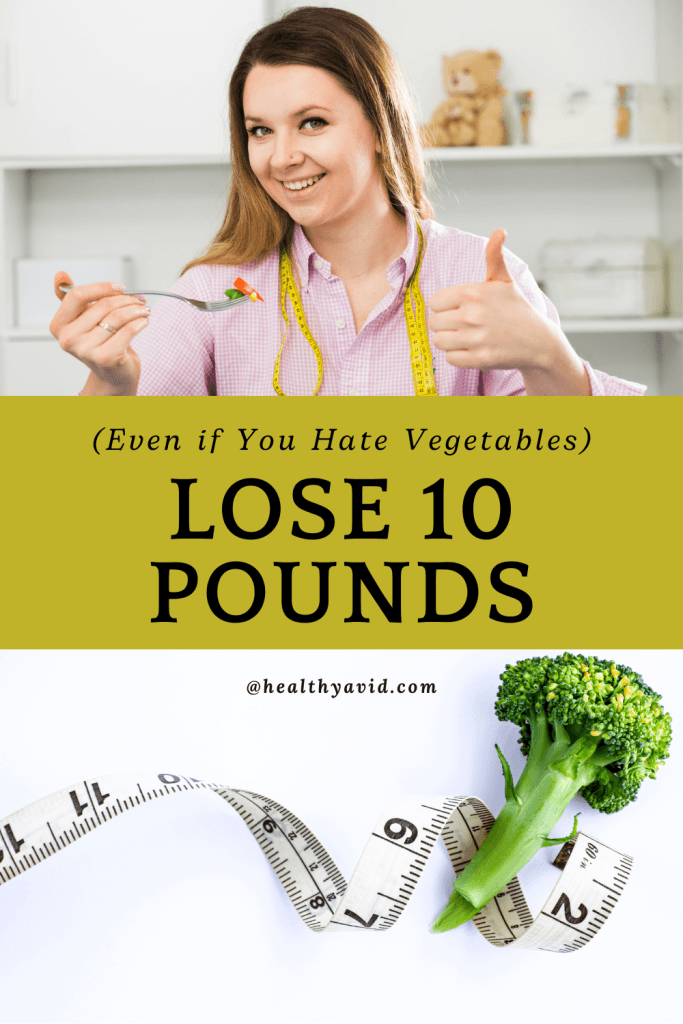
Think you need to count every calorie to lose weight? Think again.
If the idea of food tracking overwhelms you or strict diets have left you feeling burned out, this strategy will feel like a breath of fresh air.
Mindful eating is about how you eat, not just what you eat.
It helps you slow down, tune into your body, and stop overeating without even trying.
Why Mindful Eating Works
Here’s how mindful eating supports fat loss even when you skip the veggies:
-
You naturally eat less.
Slowing down helps you notice when you’re full, so you stop before overeating. -
You reduce emotional and stress eating.
Mindfulness brings awareness to triggers like boredom, fatigue, or anxiety that lead to overeating. -
You enjoy food more.
When you focus on your meals instead of multitasking, your satisfaction increases, so you don’t keep searching for “something else.”
Simple Portion Control Rules That Work
No food scale? No problem.
Use these easy visual cues to guide your portions:
-
Protein (palm-sized) – Chicken, fish, eggs, or yogurt
-
Carbs (cupped hand) – Rice, pasta, potatoes, or fruit
-
Fats (thumb-sized) – Butter, oils, nuts, or cheese
-
Snacks (fist-sized or smaller) – Think a handful of popcorn or trail mix
These help you stay in a calorie deficit without ever having to count calories.
Tips to Eat Mindfully Without Overthinking
Here are easy ways to practice mindfulness at your next meal:
-
Put your fork down between bites
-
Chew each bite 15–20 times
-
Eat without your phone or TV on
-
Check in halfway through: Am I satisfied?
-
Use smaller plates and bowls; this tricks your brain into feeling full sooner.
Small shifts like these create significant changes in how much you eat and how your body responds.
You don’t have to be “zen” every meal.
But the more often you eat with awareness, the less likely you are to mindlessly snack, binge, or graze your way out of progress.
Strategy #5 – Move More Without the Gym
Hate working out? You’re not alone.
But here’s the truth: you don’t need a gym membership to start burning fat.
Many women lose their first 10 pounds simply by increasing their daily physical activity, without needing to do squats or attend spin classes.
This strategy focuses on increasing natural daily movement, not forcing yourself through grueling workouts you dread.
Why Daily Movement Beats Occasional Workouts
Exercise is great, but what you do throughout the day matters even more for weight loss.
This type of movement is called NEAT (Non-Exercise Activity Thermogenesis), and it includes:
-
Walking around your house
-
Doing laundry or chores
-
Gardening, stretching, even fidgeting
It may not sound like much… but these small movements add up and boost your daily calorie burn more than a 30-minute workout that leaves you on the couch for the rest of the day.
How to Move More (Without Feeling Like You’re Exercising)
Here are innovative, sustainable ways to sneak movement into your day:
-
Walk after meals – Even 10 minutes helps digestion and lowers blood sugar
-
Take phone calls standing or walking
-
Park farther away on purpose
-
Set a timer to stand or stretch every hour
-
Use house chores as calorie-burning opportunities, such as vacuuming, laundry, and dishes
None of these require workout clothes, just a little intention.
What If You Do Want a Workout?
If your energy allows, start with low-impact options that support your metabolism without stressing your body:
-
Walking – Aim for 7,000 to 10,000 steps per day
-
Light strength training – Helps preserve muscle and boost fat burning
-
Gentle yoga or stretching – Great for recovery, stress relief, and hormone balance
-
Dance or YouTube workouts – Choose what makes you smile, not suffer
The key is consistency over intensity. Doing something daily matters more than going hard once a week.
Strategy #6 – Reset Your Sleep and Stress for Maximum Fat Loss
Here’s something most weight loss plans ignore completely: your stress and sleep habits.
But if you’re not sleeping well or you’re constantly overwhelmed, your body is going to fight you on fat loss.
Every. Single. Time.
This is especially true for women with hormonal imbalances, autoimmune conditions, or thyroid problems.
The same women who often struggle most with belly fat and fatigue.
Why Sleep and Stress Matter More Than You Think
Your body isn’t just a machine that burns calories.
It’s a complex system of hormones, and those hormones run the show.
Two of the biggest weight loss blockers?
-
Cortisol (your primary stress hormone)
-
Melatonin (your sleep hormone)
When cortisol is too high (from stress) or melatonin is too low (from poor sleep), your body holds on to fat, especially around your midsection.
Even worse? Poor sleep and chronic stress can:
-
Disrupt hunger hormones like ghrelin and leptin
-
Trigger sugar cravings and emotional eating
-
Increase insulin resistance (a fat-storing hormone problem)
-
Slow your thyroid function and metabolism
That means even a perfect diet won’t work if your sleep and stress are out of balance.
How to Reset Sleep and Lower Stress Naturally
You don’t need to meditate on a mountaintop or sleep 10 hours a night. Here’s where to start:
For Better Sleep:
-
Go to bed and wake up at the same time daily (yes, even weekends)
-
Keep your bedroom calm, dark, and quiet
-
Avoid screens 1 hour before bed or use blue light blockers
-
Try calming herbs like magnesium glycinate or L-theanine
-
Don’t eat large meals or sugar close to bedtime
For Less Stress:
-
Try 5-minute breathwork (box breathing or 4-7-8 method)
-
Journal or brain-dump before bed
-
Walking outdoors lowers cortisol
-
Cut caffeine after noon (especially if you’re anxious)
-
Say “no” more often, protect your energy like it matters (because it does)
These small shifts calm your nervous system, balance your hormones, and finally let your body release the fat it’s been holding on to for “safety.”
Strategy #7 – Build a Real-Life Meal Plan
Let’s face it: following someone else’s “perfect” meal plan usually lasts three days — maybe five if you’re really determined.
Why? Because if it’s full of food you hate (like veggies you’ve been trying to force down since third grade), it’s not sustainable.
But here’s the good news: You don’t need to eat salads or kale chips to lose 10 pounds.
What you do need is a simple, realistic meal plan that:
-
Fits your food preferences
-
Keeps you full and energized
-
Helps you stay consistent, not perfect
Your “No-Veggies-Required” Weight Loss Meal Plan Formula
Every meal should include three core components:
-
Protein – Lean meats, fish, eggs, Greek yogurt, cottage cheese
-
Healthy Carbs – Potatoes, rice, oats, fruit, sourdough toast
-
Healthy Fats – Avocados, olive oil, nuts, nut butter, cheese
If you can handle a few mild vegetables (like cucumbers or sweet bell peppers), that’s great.
But this plan works even if you skip them.
A Sample Day (With Zero Salads Required)
Breakfast:
-
Scrambled eggs with cheese
-
Oatmeal with cinnamon and a few berries
-
Black coffee or herbal tea
Lunch:
-
Grilled chicken wrap (use low-carb tortilla)
-
Side of roasted sweet potato fries
-
Greek yogurt with honey
Dinner:
-
Ground turkey tacos (use lettuce or hard shells if preferred)
-
Avocado slices
-
Rice or corn on the side
Snacks:
-
Protein shake
-
Fruit + string cheese
-
Cottage cheese + pineapple chunks
Did you notice anything? All delicious. All balanced. And not a steamed veggie in sight.
Easy Swaps If You’re Short on Time or Hate Cooking
-
Rotisserie chicken → instant protein for meals
-
Boiled eggs → snack or breakfast add-on
-
Frozen rice packs → quick carbs in under 90 seconds
-
String cheese + jerky → high-protein grab-and-go snacks
-
Microwaveable egg cups or protein muffins → breakfast in a flash
Weekly Planning Tips for Busy Women
-
Choose 3 breakfast options, 3 lunches, and 3 dinners to rotate
-
Prep protein in bulk (bake chicken or turkey meatballs on Sunday)
-
Buy pre-cooked carbs (frozen rice, baked potatoes)
-
Stock up on high-protein, low-effort snacks
-
Keep a backup plan (like a healthy frozen meal) for hectic nights
Bottom Line
You don’t have to love vegetables or even eat them to lose weight successfully.
If you’ve been forcing down foods you hate just to drop a few pounds, it’s no wonder it hasn’t worked.
The real key isn’t suffering your way to results.
It’s building a strategy that works with your preferences, not against them.
These seven strategies prove that you can lose 10 pounds by focusing on:
-
Protein-powered meals
-
Enjoyable carbs and fruits
-
Simple portion control
-
Movement you don’t dread
-
Sleep and stress support
-
And a meal plan that fits your real life
No leafy greens required.
Start small.
Pick one or two strategies that resonate with you.
Apply them consistently, give your body time to respond, and release the pressure to be perfect.
This isn’t about fitting into someone else’s diet.
It’s about creating a routine that fits you, your preferences, your health, and your lifestyle.
And yes, it’s absolutely possible to lose weight… even if you hate vegetables.



